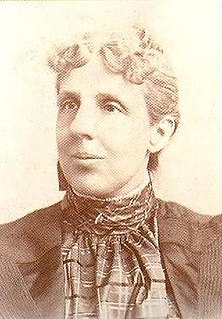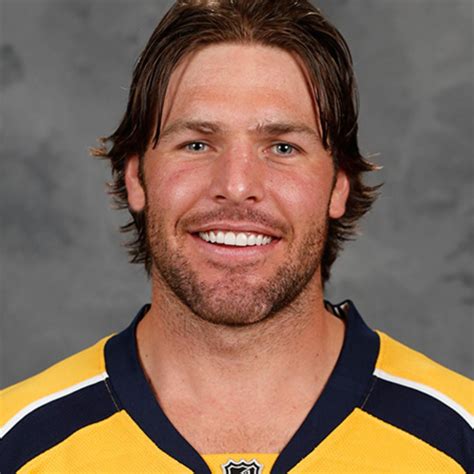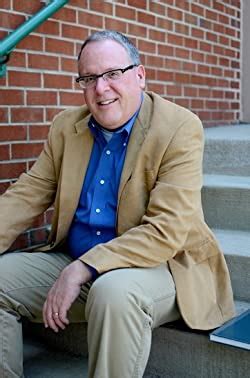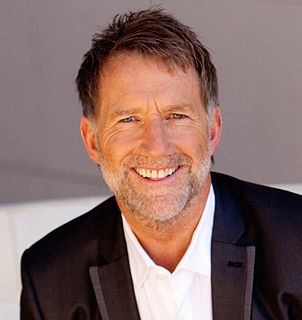A Quote by H. Emilie Cady
There is something about the mental act of thanksgiving that seems to carry the human mind far beyond the region of doubt into the clear atmosphere of faith and trust, where "all things are possible."
Related Quotes
Most of what happens in the world is far beyond a dog's comprehension, so they must turn to their faith in us to help them navigate life's treacheries. Don't we, also, have unanswerable questions about the vagaries of modern existence for which the answer is beyond human grasp, so that only our faith can guide us?
Faith as ultimate concern is an act of the total personality. It happens in the center of the personal life and includes all its elements. Faith is the most centered act of the human mind. It is not a movement of a special section or a special function of man's total being. They all are united in the act of faith.
If I wanted to doubt, then I could doubt endlessly, but at some point a person has to stop questioning and act, and at that point you have to trust something to be true. You have to act as if something is true, and so you choose the thing you have the most reason to believe in, you have to live in the world that you have the most hope in.
As soon as we ask what faith is and what sort of mistreatment of faith causes doubt, we are led to the first major misconception about doubt-the idea that doubt is always wrong because it is the opposite of faith and the same thing as unbelief. What this error leads to is a view of faith that is unrealistic and a view of doubt that is unfair.
True, God hates Alzheimer's, spinal cord injury, mental illness, autism, and the rest (these conditions are all symptoms of the Fall). Yet he permits these things to accomplish something far more precious in our lives: patience, endurance, compassion for others who hurt, and refined faith and trust in God, to name a few.
Take faith, for example. For many people in our world, the opposite of faith is doubt. The goal, then, within this understanding, is to eliminate doubt. But faith and doubt aren't opposites. Doubt is often a sign that your faith has a pulse, that it's alive and well and exploring and searching. Faith and doubt aren't opposites, they are, it turns out, excellent dance partners.
I am learning that mature faith, which encompasses both simple faith and fidelity, works the opposite of paranoia. It reassembles all the events of life around trust in a loving God. When good things happen, I accept them as gifts from God, worthy of thanksgiving. When bad things happen, I do not take them as necessarily sent by God -- I see evidence in the Bible to the contrary -- and I find in them no reason to divorce God. Rather, I trust that God can use even those bad things for my benefit.
Doubt is most often the source of our powerlessness. To doubt is to be faithless, to be without hope or belief. When we doubt, our self-talk sounds like this: 'I don't think I can. I don't think I will.'... To doubt is to have faith in the worst possible outcome. It is to believe in the perverseness of the universe, that even if I do well, something I don't know about will get in the way, sabotage me, or get me in the end.
Faith is lifeless unless you act on it. T.L. Osbourne says: “When the promises of God are believed and acted upon they become the power of God”. We can do all the things we have previously talked about about: desire, decision, prayer, speaking faith, seeing the answer, but if we don’t act our faith it is all to no avail.
For every gain in deep certitude there is a corresponding growth of superficial "doubt." This doubt is by no means opposed to genuine faith, but it mercilessly examines and questions the spurious "faith" of everyday life, the human faith which is nothing but the passive acceptance of conventional opinion.



































